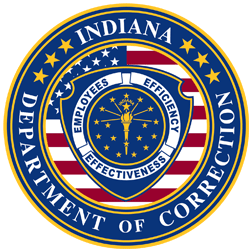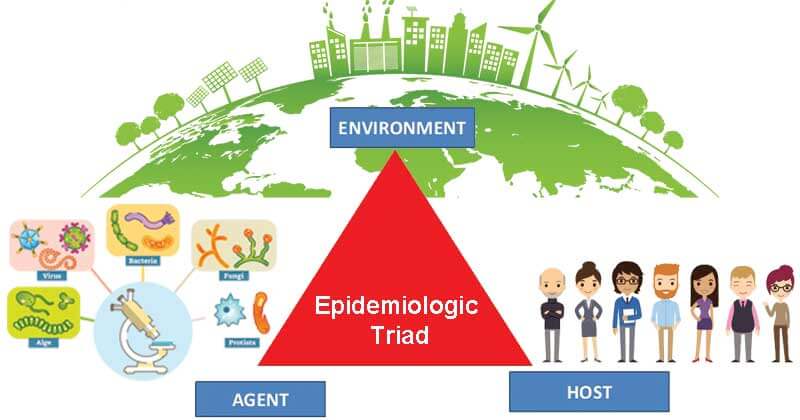Epidemiology: the scientific study of the distribution (frequency, pattern) and determinants (causes, risk factors) of health-related events, such as diseases, in populations. With the information gathered, epidemiologists try to prevent and control health problems.
"Epidemiology." Centers for Disease Control and Prevention. https://www.cdc.gov/careerpaths/
IDOC’s Epidemiologist is responsible for infectious disease surveillance, investigation, prevention, and education. Epidemiologists search for the cause of disease, identify people who are at risk, and determine how to control, stop the spread, or prevent diseases from happening again. For the department, the Epidemiologist seeks to limit preventable diseases within the incarcerated population.
IDOC’s Epidemiologist collects, analyzes, and distributes health data to help support clinical decision making, disease response, treatment, education dissemination, and care coordination for incarcerated individuals. Additionally, the Epidemiologist utilizes health data to help identify and improve health programs, policies, and procedures. The Epidemiologist also supports mental/behavioral health and maternal-health initiatives.

